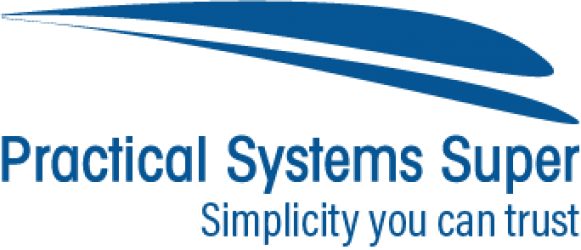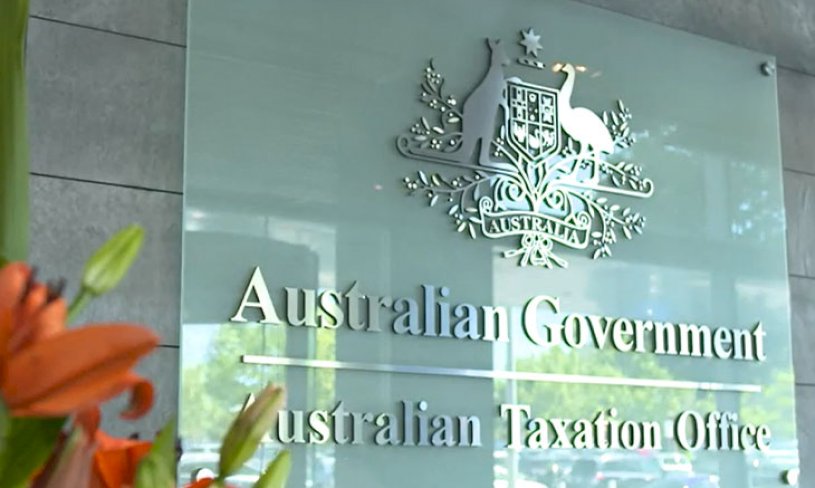The SMSF industry is experiencing rapid change in the wake of COVID-19. The goalposts of commerciality have shifted, as have the reporting requirements for SMSF auditors dealing with tenancies affected by COVID-19 in the 2020 and 2021 financial years.
The SMSF audit is critical to the decisions trustees and their advisers make today.
No one wants a train wreck with their SMSF auditor.
Notwithstanding the ATO’s decision not to devote compliance resources to this area, SMSF auditors have certain reporting obligations and the ATO has made its expectations clear.
So, what is required to navigate post-COVID-19 tenancies with the auditor’s green light?
What the auditor must do
For engagements in the 2020 and 2021 financial years, the SMSF auditor must:
- Form an opinion as to the commerciality of a post-COVID-19-related tenancy.
- Request sufficient appropriate audit evidence from SMSF trustees to support this opinion.
- If the tenancy is not conducted on commercial terms, recognise a contravention of SIS Act section 109 and communicate this to the trustees in the management letter.
- If the contravention of section 109 is material, modify the Part B Compliance Audit Opinion.
- If the contravention is reportable under the regulator’s reporting criteria, report the section 109 contravention (and any other contraventions) as usual to the ATO.
Hold on — isn’t there compliance relief?
Yes. Provided the post-COVID-19 tenancy reflects an arm’s-length standard of dealing, the SMSF auditor is not required to report any contraventions arising from this tenancy to the ATO.
The fact is, the Superannuation Industry (Supervision) Act 1993 was not drafted to work in the current environment. Even where a post-COVID-19 tenancy is being conducted on an arm’s-length basis, an SMSF could find itself in breach of other provisions. For example, by extending rent relief to a related-party tenant, the fund may provide indirect financial assistance to its members or their relatives. The SMSF will therefore contravene section 65. In the current environment, this breach is not reportable.
Important note: The auditor is required to modify their Part B compliance report where such unavoidable contraventions are material — but the matter will go no further.
It is clear that section 109 is an extremely important provision when dealing with post-COVID-19-related tenancies.
Let’s have a look at the new audit landscape and how section 109 will apply.
What does the Mandatory Code of Conduct mean for SMSFs?
The federal government’s recommendation for tenancies impacted by COVID-19 was for the parties to “sit down, talk to each other and work this out”. The Mandatory Code of Conduct for SME Commercial Leasing Principles During COVID-19 is both a safety net and a starting point for these discussions.
The code applies to commercial tenancies that are eligible for the JobKeeper program. In the SMSF environment, this relates to small businesses that have experienced a reduction in turnover of 30 per cent or more due to COVID-19. The principles of the code are requirements for any SMSF related-party tenant that qualifies for the JobKeeper program. For these severely impacted businesses, the code is a mandatory standard of arm’s-length dealing.
This does not mean that commercial tenants suffering a 20 per cent downturn cannot reach an arm’s-length agreement with their landlord for the reduction of rent. However, they are not covered under the Mandatory Code.
The golden rules — related commercial tenancies with downturn of less than 30%
What about those related-party tenants impacted to a lesser extent by COVID-19? While not directly applicable, the code provides a good yardstick for the new normal in commercial practice.
There are three golden rules for the SMSF landlord:
- Reduction in rent must be proportionate to the negative impact of COVID-19 upon the business and may take the form of a rent waiver.
- A freeze upon all rent increases may apply until the economic situation improves.
- Where possible, reduce any unnecessary burden for the tenant. Are there overheads that no longer have utility? Don’t charge the tenant and (if possible) switch off the service altogether.
There is one golden rule for the related-party commercial tenant:
- Stick to the lease, including any specific amendments relating to COVID-19. If the tenant fails the lease conditions, the arrangement may be considered non-arm’s length and in breach of section 109.
This is important. It bears repeating.
The tenant has one job: ensure compliance with the lease.
What does the auditor need to see?
If your SMSF has a related-party tenant that qualifies for the JobKeeper program, the auditor will require the following:
- Evidence that the tenant is eligible for the JobKeeper program.
This should include confirmation of the successful JobKeeper application, together with evidence supporting the decline in projected turnover.
This evidence is critical, not only for audit purposes, but also to substantiate the business’s claim for the JobKeeper payment. The Treasury has advised that tolerance will be exercised where a good faith estimate of turnover reduction proves slightly inaccurate. To benefit from this goodwill, the evidence of a good faith calculation must be retained.
- A current executed lease agreement, together with any amendments contained in an addendum to the lease. The lease arrangement should comply with the principles of the Mandatory Code.
If your SMSF has a related-party tenant that has experienced a significant downturn of less than 30 per cent as a result of COVID-19, the auditor will need to see:
- Evidence that the tenant has been negatively affected by COVID-19.
This should take the form of a letter from the related-party tenant addressed to the SMSF trustees, describing the negative impact of COVID-19 upon the business. You must substantiate the estimated reduction in turnover and retain this evidence. The letter should request a reduction in rent proportionate to the virus’s financial impact upon the business.
The SMSF trustee should reply to this letter, confirming their acceptance of the new lease terms. A series of emails may take the place of letter writing, if convenient.
- A current executed lease agreement, together with any amendments contained in an addendum to the lease. The lease arrangement should reflect with the golden rules outlined above and must be complied with as though it were an arm’s-length commercial arrangement.
Remember, this is a temporary agreement. There should be a trigger point for a return to normal commercial dealings. Where the Mandatory Code applies, this event would be cessation of JobKeeper payments. Finally, if the lease agreement has expired or requires review, this should be attended to as soon as possible.
What about related-party tenancies within a Reg 13.22C entity?
Where an SMSF holds business real property via a non-geared entity subject to Div 13.3A in Superannuation Industry (Supervision) Regulations 1994, the requirement for arm’s-length dealing in related tenancies is paramount.
Non-geared unit trusts and companies must deal continually on an arm’s-length basis or lose their status as Reg 13.22C vehicles — which generally precipitates the SMSF’s disposal of its shares or units as in-house assets. Beware the spectre of non-arm’s-length dealing for these entities. If the lease agreement is not legally enforceable or if rent accrues to create a borrowing in the non-geared entity, this will compromise the entity’s status.
The ATO has stated that the deferral of rent for commercial tenancies within a non-geared trust or company due to the impact of COVID-19 will not cause these investments to be treated as in-house assets. It is uncertain whether a waiver of rent enjoys the same immunity. However, the standard of arm’s-length dealing has changed as a result of COVID-19 and non-geared entities are not exempt. Based on the information available, the above principles will apply equally within a Reg 13.22C environment. Given the high stakes of non-compliance, a legal review of the lease and any amendments is recommended.
Conclusions
The goal posts for commercial dealing have changed significantly post-COVID-19.
While the ATO’s decision not to apply compliance resources to related commercial tenancies for the 2020 and 2021 financial years is welcome, fund administrators must keep in mind a few basic rules, or risk a reluctant collision with their SMSF auditor.
Action now will determine the audit ramifications later. It is always worth a question to get it right!
Naomi Kewley, managing director, Peak Super Audits



